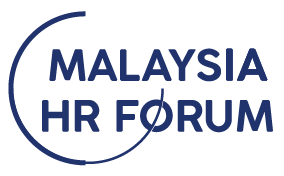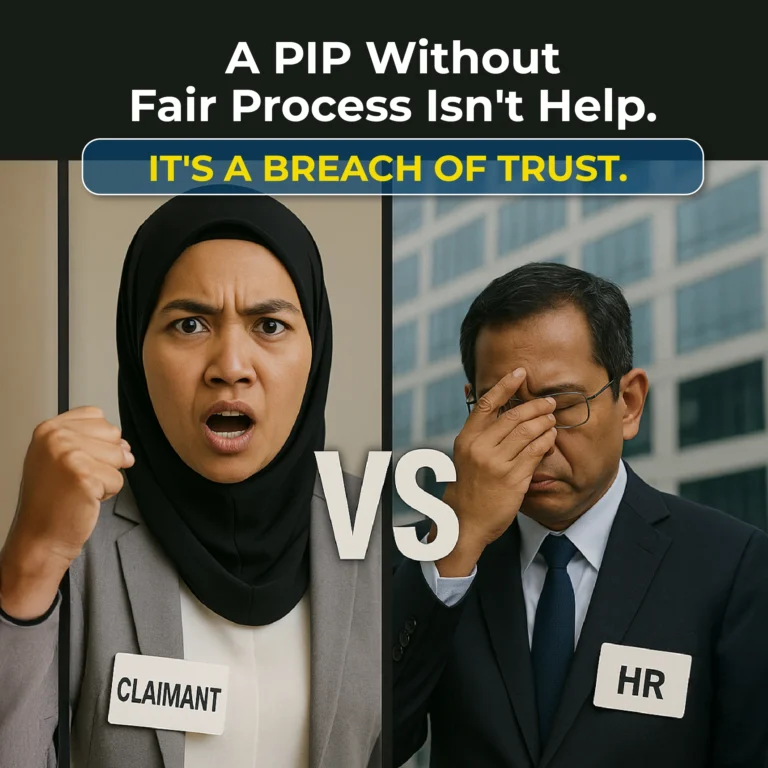Payroll is the backbone of every organisation’s employee compensation system. Yet, mastering payroll administration requires more than just accurate salary calculations; in fact, it demands a strategic understanding of the entire compliance landscape. It demands a deep understanding of employment laws, statutory deductions, and efficient record-keeping. As a result, for HR and finance professionals in Malaysia, this responsibility has become even more critical with evolving labour laws and regulatory expectations.
In this article, we’ll explore what it means to truly master payroll administration, why it matters, and how you can equip yourself or your team with the right knowledge and skills to stay compliant, efficient, and confident.
Why Mastering Payroll Administration Matters
Inaccurate payroll, therefore, can cost your business more than just money. It can also erode employee trust and expose your company to legal risk. It can lead to employee dissatisfaction, penalties from authorities, and a damaged reputation. Proper payroll administration ensures:
- Timely and accurate salary disbursement
- Compliance with EPF, SOCSO, EIS, HRD levy, and income tax laws
- Proper record-keeping for audits and internal reporting
- Reduced legal risks and financial exposure
For companies navigating the complexities of Malaysia’s Employment Act 1955 and other statutory obligations, payroll is not just a task. It is a responsibility.
Understanding the Core of Payroll Administration
1. What Is Payroll Administration?
Payroll administration refers to managing an organisation’s financial records related to employee compensation. It includes:
- Calculating salaries, bonuses, and deductions
- Preparing payslips
- Handling statutory contributions
- Filing annual reports and returns
2. Key Statutory Components in Malaysia
To master payroll administration in Malaysia, one must understand the key statutory elements:
- EPF (Employees Provident Fund)
A retirement savings plan with mandatory employer and employee contributions.
- SOCSO (Social Security Organisation)
Covers employees under the Employment Injury Scheme and Invalidity Pension Scheme.
- EIS (Employment Insurance System)
Provides financial support for retrenched employees.
- HRD Levy
Mandatory contribution by employers for employee training and development (for eligible companies).
- Income Tax (PCB)
Monthly tax deductions made on behalf of employees.
Moreover, understanding not just the calculations but also the background and intent of these contributions enhances both accuracy and appreciation of their importance.
Practical Skills Every Payroll Administrator Must Have
Mastering payroll administration is not just about knowing what to do. It is about doing it efficiently and correctly. Core competencies include:
- Interpreting Employment Terms and Conditions
Knowing how to translate contractual terms into accurate pay.
- Handling Terminations and Lay-Offs
Understanding notice periods, compensation, and benefits entitlement under Malaysian law.
- Upkeeping a Payroll System
Maintaining a digital or manual payroll system that supports audits and smooth operations.
- Preparing Year-End Reports
Ensuring timely submission of EA forms and statutory returns.
Who Needs to Master Payroll Administration?
If your role involves any of the following responsibilities, then this is essential knowledge for you to stay effective and compliant.
- Finance Managers / Accountants
- HR Managers / Executives
- Payroll and Admin Officers
- Business Owners managing in-house payroll
- Anyone tasked with ensuring payroll compliance
How Training Can Help You Master Payroll Administration
Even experienced professionals, however, can fall behind when laws or systems change, especially without continuous learning. A well-structured payroll administration workshop or course ensures:
- Up-to-date knowledge of Malaysian employment regulations
- Hands-on experience with real-world payroll computations
- Improved accuracy and reduced compliance risks
- Structured learning that covers everything from basic principles to complex calculations
➡️ Explore a practical payroll administration training like this one.
➡️ Stay compliant with LHDN’s official payroll guide.
Frequently Asked Questions (FAQ)
What is the difference between payroll and HR?
Payroll focuses on salary processing and statutory contributions, whereas HR deals with employee relations, recruitment, and performance management. However, both often work closely together to ensure smooth operations.
How often should payroll be processed?
In Malaysia, payroll is usually processed monthly. However, frequency can vary based on contract terms and company policy.
What software is recommended for payroll administration?
Popular payroll software in Malaysia includes AutoCount, SQL Payroll, and Talenox. Each offers automation and compliance features.
Take Charge of Your Payroll Function
Mastering payroll administration is not just about compliance. It is about gaining control, building trust, and contributing to the financial health of your organisation. Whether you’re new to payroll or looking to refresh your knowledge, now is the perfect time to upskill and strengthen your compliance confidence.
Read more articles from Malaysia HR Forum to stay updated on the latest in HR, compliance, and professional training.









